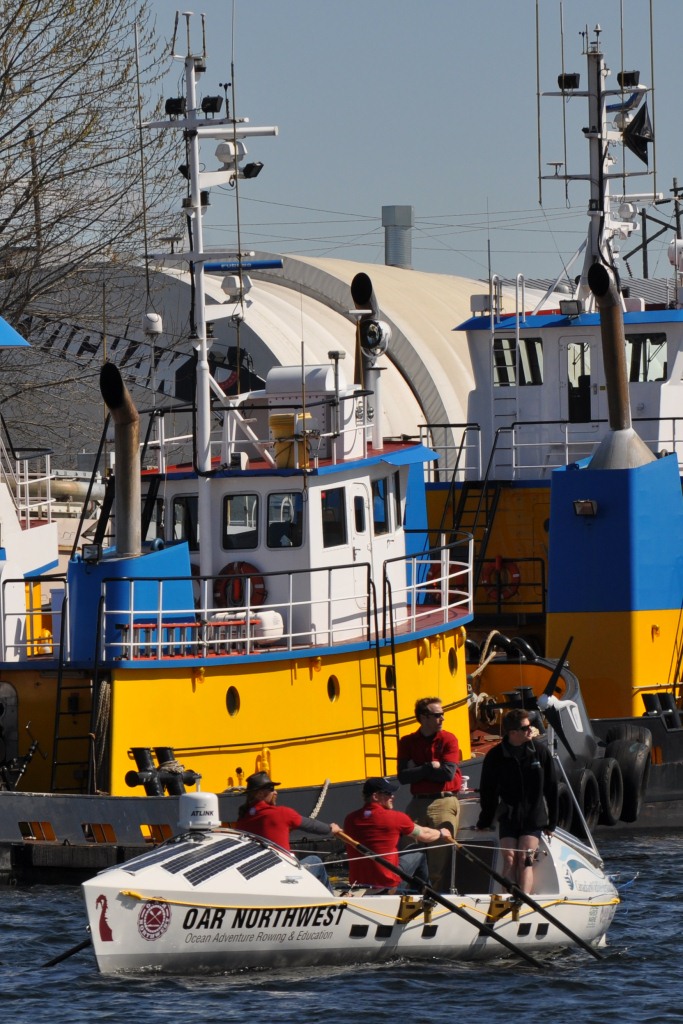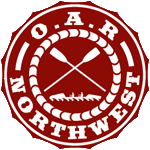 OAR Northwest plans to launch April 11, 2012 from the Vancouver Rowing Club in Vancouver B.C. on what is believed to be the first circumnavigation of Vancouver Island in an ocean rowboat. Rowing in the dark in the Inside Passage can be more treacherous than in the open sea. More ships, more logs, killer whales and bone-chilling temperatures may conspire against them.
OAR Northwest plans to launch April 11, 2012 from the Vancouver Rowing Club in Vancouver B.C. on what is believed to be the first circumnavigation of Vancouver Island in an ocean rowboat. Rowing in the dark in the Inside Passage can be more treacherous than in the open sea. More ships, more logs, killer whales and bone-chilling temperatures may conspire against them.
Join the crew for this extraordinary launch from 10:00a.m. – 12:30pm.
The CWF Salish Sea Expedition is great opportunity for North Americans to get to know their marine wildlife along with the rowing team. Between April 7 and July 16, American and Canadian youth are encouraged to get outdoors and celebrate their natural world. By submitting original works of art, writing, photography, video and music inspired by their wild neighbors, youth can win some fantastic prizes. Enter the CWF Get to Know Contest. Contest entries inspired by our water neighbors will be celebrated in a special ‘Rivers to Oceans’ Gallery, and entrants will have a chance to win a fantastic family whale watching trip, provided by the Canadian Wildlife Federation. Visit Get To Know for contest details.
OAR Northwest designed three programs that keep them engaged communities around the world: research, service and education. They DO plan to be guinea pigs and educators.
As they guide the most technologically advanced ocean rowboat ever built, they will be electronically monitored for a sleep study. Their sleep/rest cycles will be continuously analyzed by the Centre for Sleep and Human Performance in Calgary. The Canadian Wildlife Federation Salish Sea Expedition will be supported by its title sponsor, CWF, and provide the whole OAR Northwest community ample opportunities to speak for the marine environment.
The cutting edge gear on-board will allow the team to gather data from the ocean environment and marine life and connect it real-time to classrooms around the world. Scientists from the U.S. Geological Survey, National Weather Service, and the University of Washington’s School of Oceanography will aid in the data management and interaction with students. The University of Puget Sound, original location of this ocean rowing idea, supports the expedition in many ways as well, including a marine ecologist faculty member to help make sense of the fascinating environment through which the rowers will pass.
But as rower Greg Spooner said after the North Atlantic row, “Our bodies are capable of way more than you would imagine.” At least THEIR bodies are.
